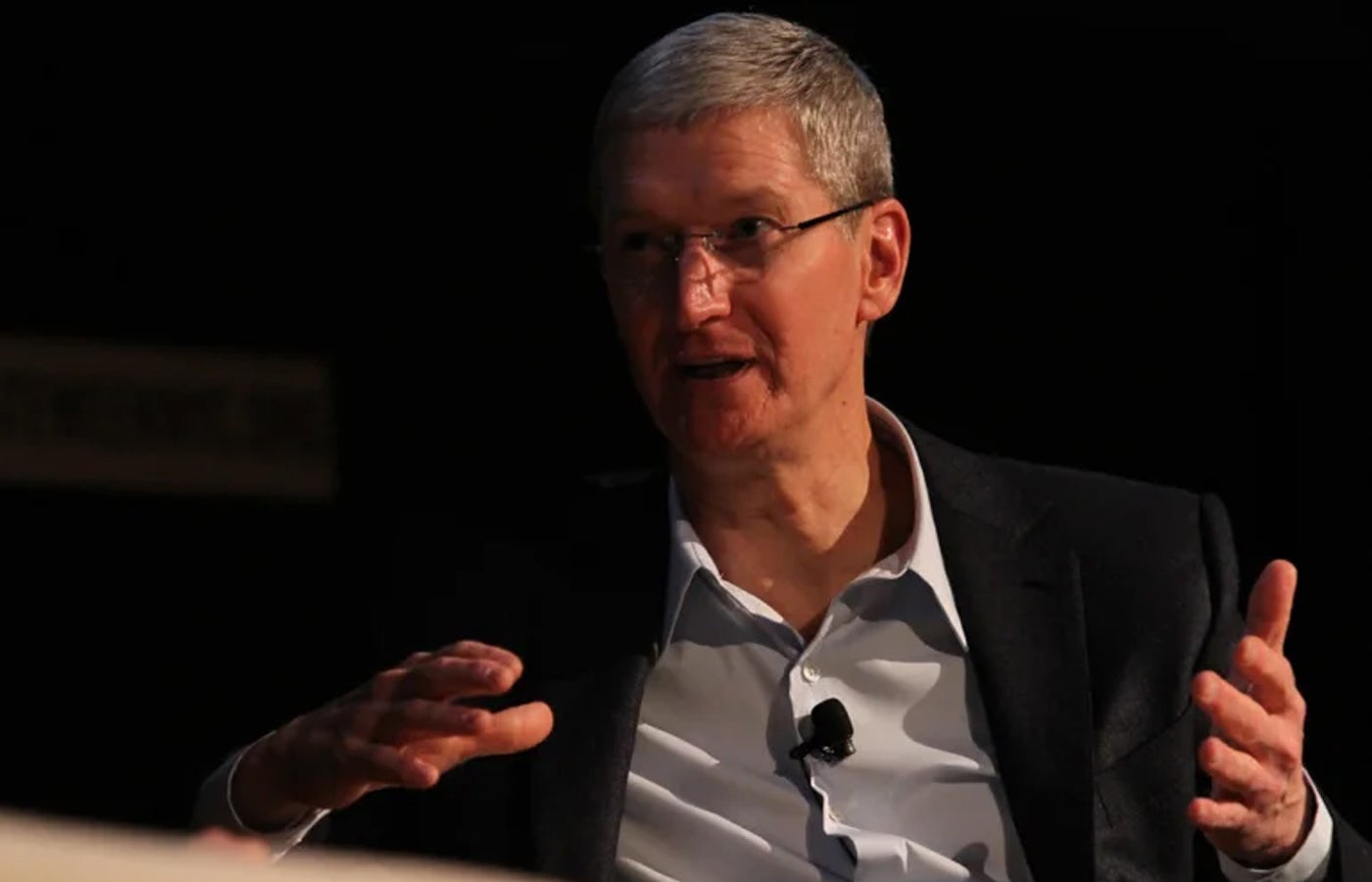
A federal lawsuit filed on behalf of disgruntled consumers claims that Apple misled buyers with promises of advanced artificial intelligence features for Siri that never materialized. The complaint alleges that during a high-profile marketing campaign for the iPhone 16 series, Apple touted a suite of capabilities — collectively branded as Apple Intelligence — that were never delivered, deceiving millions into overpaying for devices that lacked the promised functionality.
False promises and misleading marketing
According to the complaint filed by plaintiff Peter Landsheft, Apple’s aggressive advertising campaign built significant consumer expectations. The company claimed that Siri would soon offer personalized assistance by drawing on a user’s context, allowing commands like “Play that podcast that Jamie recommended,” or “When is Mom’s flight landing?” and perform hundreds of new actions across apps. However, the lawsuit contends that these claims were nothing more than marketing hype. Apple has since admitted that such advanced features do not currently exist and, if they ever do, they won’t be available until 2026.
SEE: Apple Passwords App Vulnerability Exposed Users for Months
The suit argues that by advertising non-existent features, Apple violated several state consumer protection laws, including the California Unfair Competition Law, False Advertising Law, and Consumers Legal Remedies Act. Furthermore, the complaint accuses the tech giant of fraud, negligent misrepresentation, breach of contract, and breach of the implied warranty of merchantability.
Consumer impact and industry implications
The class action complaint alleges that the deceptive campaign not only induced consumers to purchase the new iPhone models at premium prices but also unfairly boosted Apple’s market position.
SEE: EU Cracks Down on Apple for Anti-Competitive Behavior – Here’s What Apple Told Us in Response
The false promises were widely disseminated through television, social media, and the company’s own retail channels, reaching millions during peak viewing periods such as the NFL season. This widespread misrepresentation, the lawsuit asserts, not only harmed consumers financially but also distorted competition in the smartphone market at a time when rivals like Samsung, Google, and others are aggressively advancing their own AI capabilities.
While Apple has yet to comment on the lawsuit, industry analysts note that the company’s struggles in the AI race are becoming increasingly apparent. The litigation could compel Apple to revise its marketing practices and potentially offer compensation to affected consumers, underscoring the risks companies face when they promise cutting-edge innovation without the tech to back it up.
This legal challenge serves as a stark reminder of the importance of accurate advertising in today’s tech-driven market — a lesson for both consumers and corporations navigating the rapidly evolving AI landscape.


